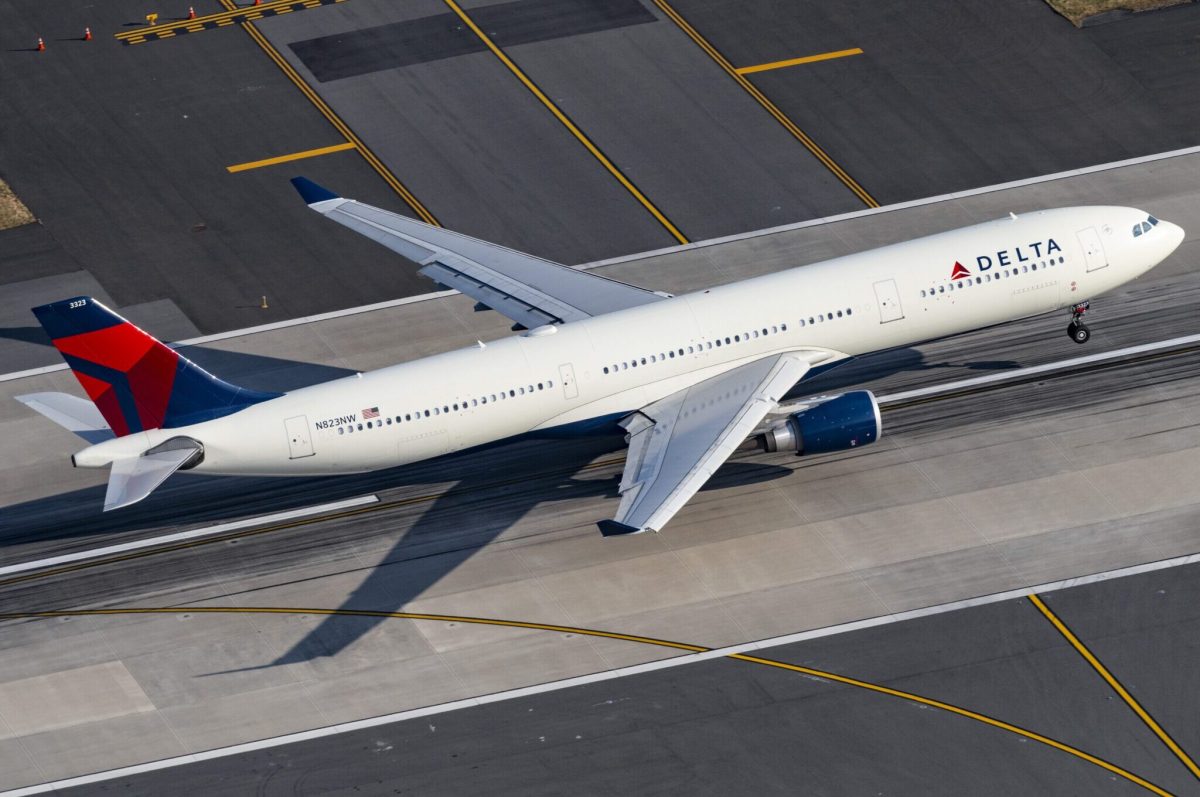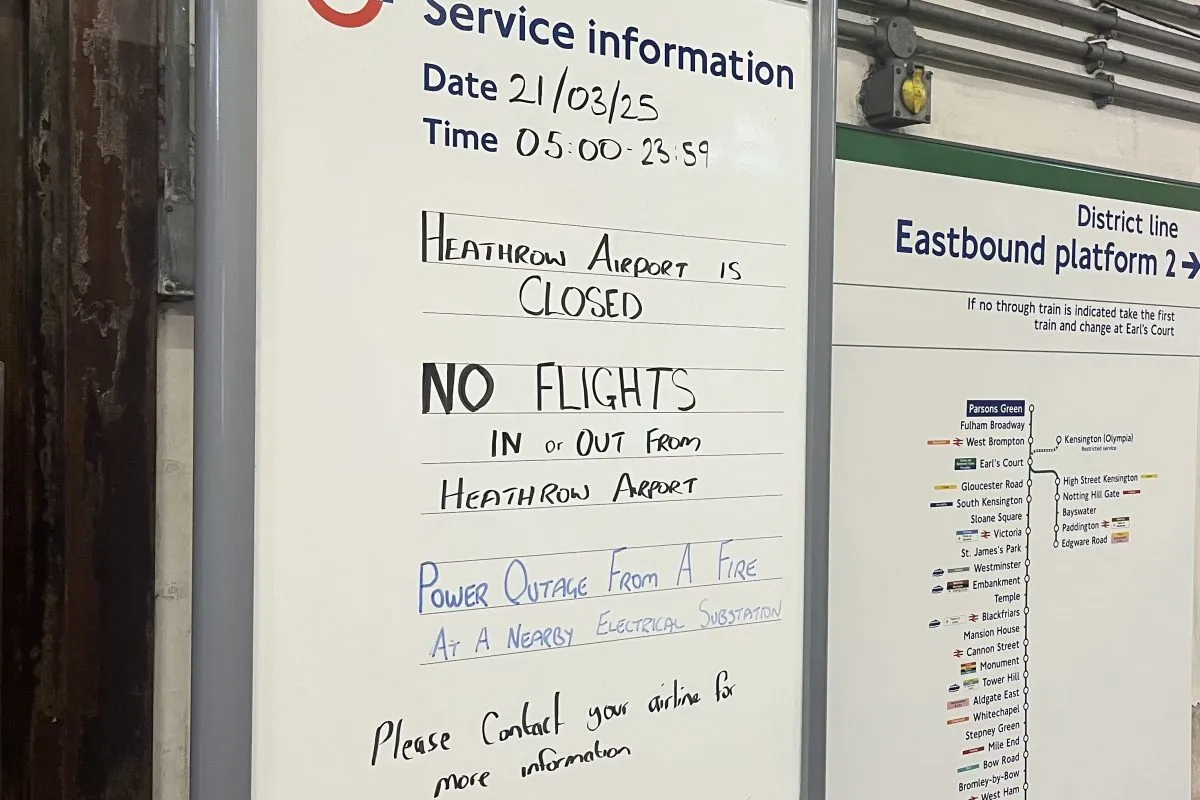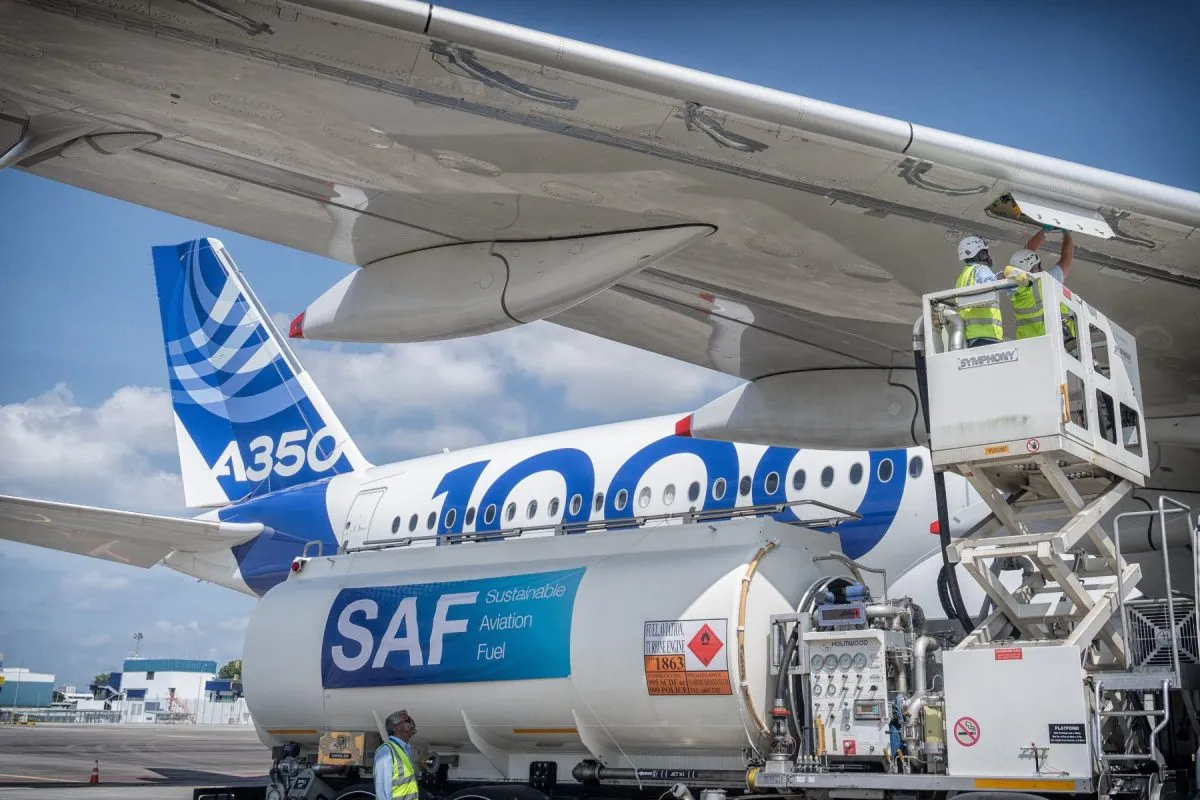The Problem With Keeping Your 'Hush Trips' From Employers
Skift Take
Remote workers don’t always want to disclose their location to employers, with growing numbers taking so-called “hush trips.”
Who’s to blame them? Hospitality brands are making it easier than ever to work from anywhere, from better equipped desks to attractive pricing. Couple this with rising housing costs across most cities, temptation is just a click away. Forbes even tips them to be the newest travel trend in 2023.
But with the ongoing debate about who should be returning to the office and a recession on the horizon, experts warn the phenomenon isn’t healthy for either party.
Setting Up Shop
U.S. based vacation rental management company Grand Welcome is one of many hospitality firms seeing a rise in hush trips.
“We have guests checking in for unusually long times. The average length of stay in Lake Tahoe was four or five days, but people are checking in for 10 days,” said CEO Brandon Ezra. “In many cases it’s a vacation, in some you can just tell it’s someone checking in, and setting up shop and just hanging out.”
Grand Welcome operates 1,000 properties in 50 locations, but aims to grow to 3,000 properties in 150 locations by the end of the year. Airbnb, which Grand Welcome uses as a distribution channel, has also seen stays of 28-plus days growing the fastest as a segment.
The impetus behind hush trips is the fact that the pandemic gave people the opportunity to taste flexibility and rethink their priorities, according to Sahara Rose De Vore, founder of The Travel Coach Network.
"People are valuing their time and happiness more than ever before, which is reflecting in the workplace," she said. The pandemic also burned out many employees, so now more job seekers want to find a company that values their personal goals, mental, emotional, overall wellbeing and their time, while also wanting a job that fulfils them.
Root Cause
The onus is being firmly placed at a corporate level, because staff are being made to feel uncomfortable sharing the fact they're on the move while working.
“The reason that remote workers are feeling like they need to take hush trips is because they aren’t sure how they’ll be looked at by their company,” Rose De Vore added. “Are they actually working? Are they taking the job seriously enough? Will human resources approve them to work from this lesser-known destination? Will they still be in the running for a promotion?"
She also believes hush trips are linked to why many employees, particularly in the U.S., do not use up all their vacation days.
"What companies should be embracing is the value that travel has on their employee’s mental and overall wellbeing as well as on their personal growth. All of those directly impacts their work performance and company morale," Rose De Vore said.
Elevated Leaders
As a result, work culture needs to be more clearly defined, another expert argues. Hush trips are a sign that companies need to create a culture that grows a person beyond professionally.
"That can be done in many ways beyond hush trips. Management and human resources teams should recognize why talent is taking hush trips — for experiences and personal growth," said Jessica Kriegel, chief scientist of workplace culture at Culture Partners.
"The more elevated leaders will monitor if employees are under-performing due to hush trips, then will intervene if necessary. If they’re smart, human resources leaders will take advantage of the trend and make it a policy to retain and attract talent," she added.
One remote worker has said one tip is reading the local news and track the weather in order to trick people into thinking they've not gone anywhere. But leading a double life will take its toll, Kriegel warns. "If employees are keeping secrets that means they lack psychological safety, which is a problem," she said.
While hospitality companies like Selina are honing in on the corporate market, and with Inspirato recently revamping its business-to-business website, the legitimate workcation still remains a largely untapped market.
Sidenotes
“Hotels Change Hands, Brands Enter New Markets” reads the Jan. 18 headline from Skift’s Daily Lodging Report. There's plenty of activity as travel rebounds, and with that a proliferation of new names to contend with.
This week Skift explored why hotel companies keep adding hotel brands. The report stemmed from a recent spate of new launches, including Spark by Hilton. More recently Accor unveiled Handwritten, its latest effort to tap into the fast-growing lifestyle market.
The major hotel groups need to keep adjusting to new desires and tastes, but is there a risk of brand overload ahead, especially for company travel managers who need to keep up with the latest launches? They'll need to factor them into their programs and policies, catering to employees who want to be seen at the cutting edge, or offering them to staff as a perk of the job.
There’s another issue on the horizon: the names themselves. Hotels obviously want to stand out, and some more than others in their creativeness. Earlier this year the Trigano family, which founded the Mamma Shelter chain (later bought by Accor), launched a brand called Oh Baby. It aims to reinvent the budget hotel, with French designer Philippe Starck lending a hand.
Hyatt meanwhile has just signed up a hotel called “FirstName” to its JdV ("joie de vivre") collection of independent properties. The hotel, in Bordeaux, France, is described as a “celebration of life and feel-good experiences.”
A 2018 Skift article asked if hotel companies can have too many brands? The answer was a resounding no from Marriott International’s Tina Edmundson. “It’s like being too skinny or too rich,” she said.
Maybe it’s time to ask that question again.
10-Second Corporate Travel Catch-Up
Who and what Skift has covered over the past week: Ace Hotels, Accor, Chooose, Deloitte, Dubai, Hertz, Hyatt, Lufthansa, Marriott, Oyo, Premier Inn, Sonesta.
In Brief
Amex GBT Ups Its Carbon Data Game
American Express Global Business Travel has teamed up with climate tech platform Chooose. Amex GBT already displays carbon emission data in its online booking tool, Neo, but this new integration will replace current calculation mechanisms. Travel managers will be able to select their preferred calculation methodology, and include more criteria such as distance, fuel burn, occupancy, cabin class and cargo. “Flights are the single largest contributor to business travel emissions, so our first priority is to help our clients keep up with evolving standards for calculating aviation emissions,” said Mark McSpadden, Amex GBT’s vice president of product strategy and user experience. Emissions data for rail, cars and hotels will follow. Actor Ashton Kutcher's SoundWaves fund recently co-led a $15 million investment in Chooose.
Choice Hotels Makes Sustainable Tourism Move
Choice Hotels International has joined the Sustainable Hospitality Alliance, a global network that promotes responsible practices. Choice’s 7,500 hotels, representing 630,000 rooms, lifts the alliance’s membership to 50,000 properties and 7 million rooms. A total of 60 hotel companies, affiliate members, and strategic and supply chain partners now form the alliance.
Gray Dawes Group Snaps Up Australian Agency
The UK's Gray Dawes Travel has acquired MP Travel Group, which is headquartered in Melbourne, Australia. "Marking the start of our global expansion, we'd like to say a huge 'G'day' to all our new colleagues down under," Gray Dawes wrote on LinkedIn. The deal follows the acquisition of travel management company Ventur Travel, which was formerly known as Traveleads, in 2022.
Altido Expands Into Corp Travel Sector
European property manager Altido has entered the business travel market, adding 200 corporate apartments across UK, Italy, and Portugal, bringing its total to 2,500 short-term rental properties, including a new launch in Birmingham, England's second biggest city. Its first focus will be on Birmingham’s historic Jewellery Quarter in the UK. "Business travelers are demanding more home comforts, and we’ve noticed an uptick in searches for apartments with kitchens, desks, and high-speed Wifi," said Davide Ravalli, head of growth at parent company DoveVivo Group.




